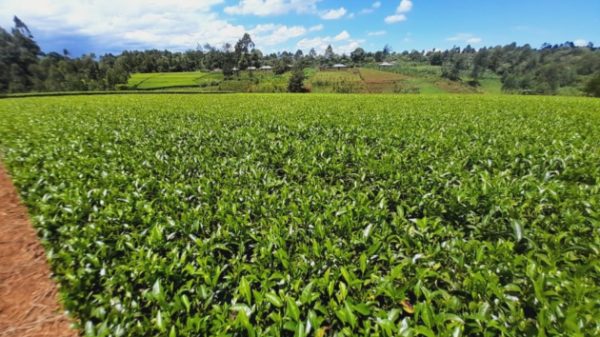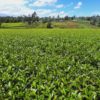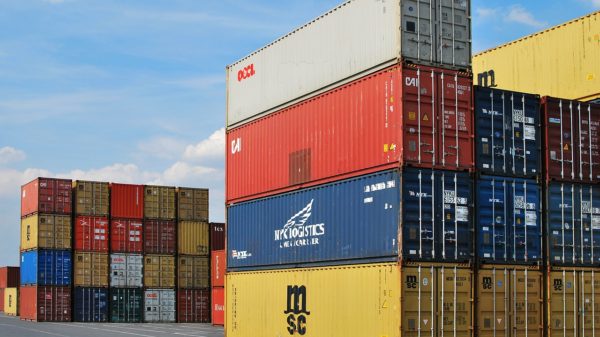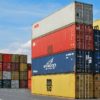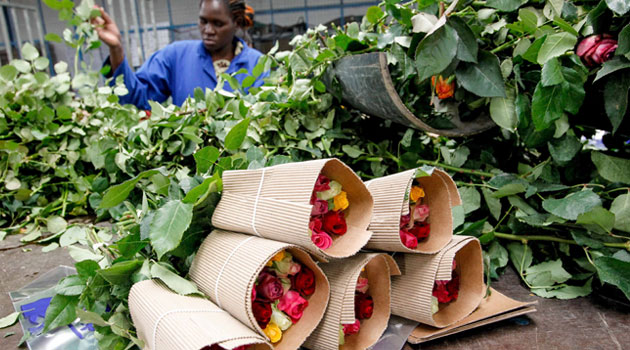NAIROBI, Kenya, Feb 10- Pakistan has decried hard stance by Kenya on sanitary and phytosanitary (SPS) measures and other tough laws as a reason for the delay in exports of her key commodities to Kenya.
Non-Transparency, unpredictability, tough regulations, and standards are some of the main reasons cited by Pakistan’s commercial Counsellor LD Khan who says Kenya-Pakistan bilateral trade is hugely in favor of Kenya.
Khan, who spoke to Capital Business, said the country faces a huge trade barrier in trying to access markets for her mango, citrus fruits, dates among other agricultural products and engineering items.
“Kenya is one of the largest importers of Pakistani rice but bilateral trade between the two countries is dominated by black tea and rice which is not enough because many areas could be explored for diversification of trade for a win-win situation on both sides, ” Khan told Capital Business.
Kenya and Pakistan are set to sign a raft of Memoranda of Understanding (MoUs) that will aid to boost bilateral trade.
Pakistan exported goods worth USD 249million to Kenya with rice accounting for USD 155 million and the rest being pharmaceuticals, textiles, and tractors.
Tea accounted for 95percent (USD490million) of Kenya’s exports to Pakistan which stood at USD 502million in 2021 with the rest being vegetables, leather, chemicals, and fish.
KENYA’s TEA
He said that the exportation of tea to Pakistan is projected to grow by 20 percent in 2022 due to increased consumption and the special taste and quality of Kenyan tea.
Khan expressed certainty that Pakistan will continue to be Kenya’s biggest tea consumer attributing it to entrenched culture among Pakistanis who have developed a taste for the East African tea
“No other market has been explored,” he said while commending the well-branded tea which he says meets Pakistan’s standards.
Removal of the 5 percent attestation fee charged on tea export by Pakistan in August 2021, he said, was a goodwill gesture aimed to benefit small farmers in Kenya and enhance good bilateral relations.
Even though Pakistan, removed the attestation fee on tea, it says it did not benefit reciprocally, “Pakistan hopes that Kenya will allow the importation of citrus, mangoes, and dates from Pakistan,” he said,
“The consumption of rice which was our main export to Kenya has reduced from 82 percent to 66 percent within two years due to the import of cheaper rice from Tanzania, benefiting from zero custom duties which enables them to supply more rice to Kenya,” he added.
OTHER GOODS
Should Kenya ease its SPS in favor of Pakistan, the country says it will reciprocate by importing red beans and avocado whose quality he said is good for the Asian country.
The Pakistanis also want to export Mangos to Kenya during Kenya’s off-peak season that begins from April to June in exchange for Kenya’s mango exports in October – February.
Kenya’s mango exports to Pakistan are on hold due to Nairobi’s slow pace of executing a finalized memorandum of understanding signed by the two countries.
EXPO
But in a move aimed at enhancing bilateral trade between the two countries, Pakistan has organized an engineering and healthcare show from February 25-27 which will provide an opportunity for Small and Micro Enterprises to showcase their products and Kenyan traders will benefit from it due to the competitiveness of Pakistani products.
The engagement alone, Khan said, is expected to enhance Kenya- Pakistan bilateral trade by a significant degree and more than 60 Kenyan delegates have confirmed participation including members of Kenya National Chamber of Commerce and Industry (KNCCI) and Kenya Private Sector Alliance (KEPSA.)



























